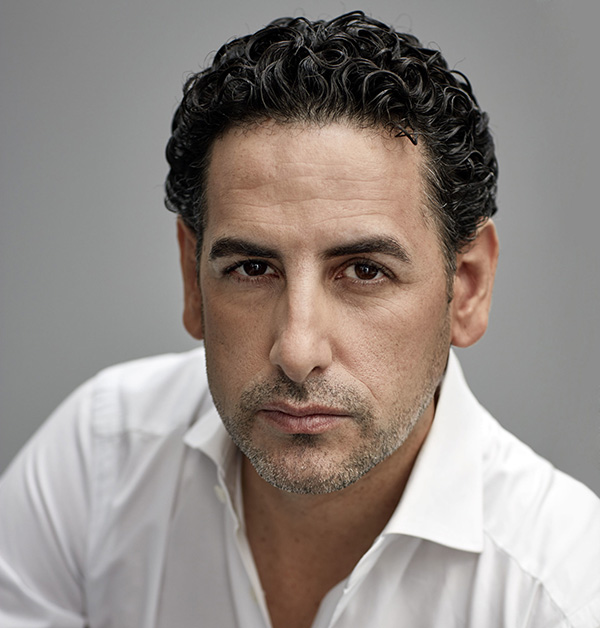At a very young age, Flórez began as a pop and rock singer in cafés and bars (his father was a professional folk music singer).
Then he studied at the Lima conservatory (while singing in the Coro Nacional del Peru), and eventually at the Curtis Institute of Music in
Philadelphia. He made his debut in 1996 at the Rossini Festival in Pesaro as Corradino in Matilde di Shabran (which was to be his best
role), and was so successful that La Scala hired him the same year. A stellar career all over the world ensued.
Flórez was brilliant as long as he sang Rossini. His already mentioned Corradino and his Comte Ory were delightful, entertaining, and
excellently sung, with remarkable coloratura and acuti. He was also a technically excellent Almaviva (though, strangely, much less amusing than in
the other two roles, actually a bit dry and shy), and a charming Tonio in La fille du régiment, with very secure high Cs. Of course,
his voice was tiny. When I first saw him, in Gianni Schicchi, in 2000 at the Vienna Staatsoper, where singers were not miked at the time,
I literally only saw him and didn't hear anything – he simply didn't get over the large Puccini orchestra. Also, you couldn't quite call
him a belcanto specialist; his specialty was coloratura, nothing else. As Elvino, Nemorino and Ernesto, he fell totally short of the style of the
music; a problem that only worsened when he decided to take on heavier roles: Duca, Alfredo, Gounod's Faust, Arnold (!) – all failures as
far as musicality, as far as vocal heft, and increasingly also as far as top notes, which became forced and dry. Of course, he could perform all
those roles only as soon as it had become customary to mike opera singers on stage; Flórez was in particularly sore need of it, and always
relied on a microphone on stage (a proof from his first Rigoletto can be heard above: the microphone had by mistake been switched on
too early, and during the prelude, the audience heard Flórez talk in his dressing room). After a few years, I avoided most of his
performances; to my ears, he had become unlistenable. Which didn't of course diminish his worldwide success in the slightest way...
Then in fall 2024, surprise: in a Traviata at the Vienna Staatsoper that I attended because of the soprano, Flórez (or the
Staatsoper?) had decided to sing most of his performance with no microphone; he was only miked in Questa donna conoscete ... Ah sì,
che feci. And he was so much better than he had been for years; it was the first time that I heard any acceptable Verdi from him. Note:
the microphone not only makes life easier for singers with insufficient technique, it also does them harm at the same time, because it
inevitably amplifies every tiny bit of mucus in the throat, every hint to hoarseness that would go unnoticed without a mike, every slightest
sign of pushing or strain...
Reference 1 and picture source: Flórez' website; reference 2:
Kutsch & Riemens

